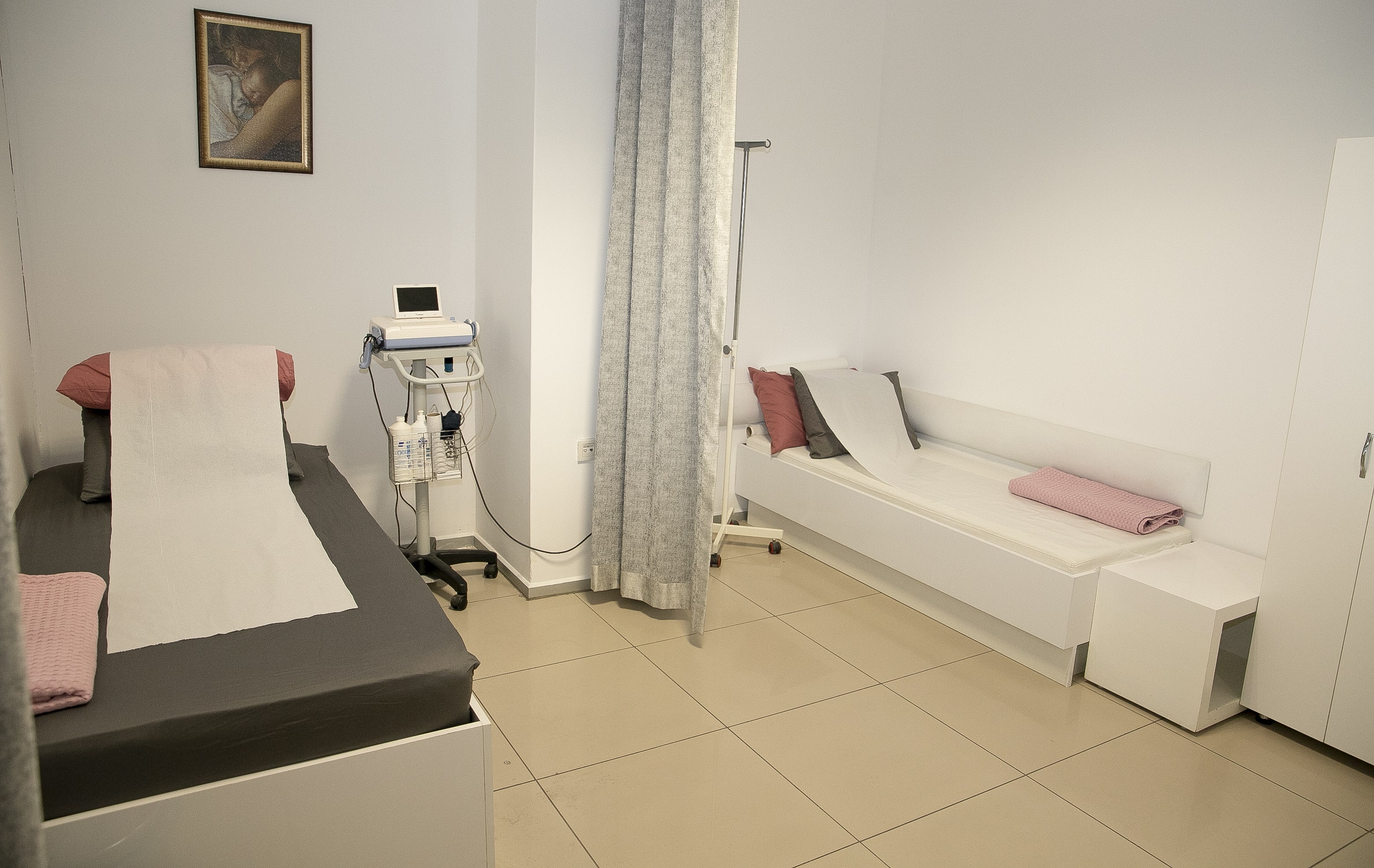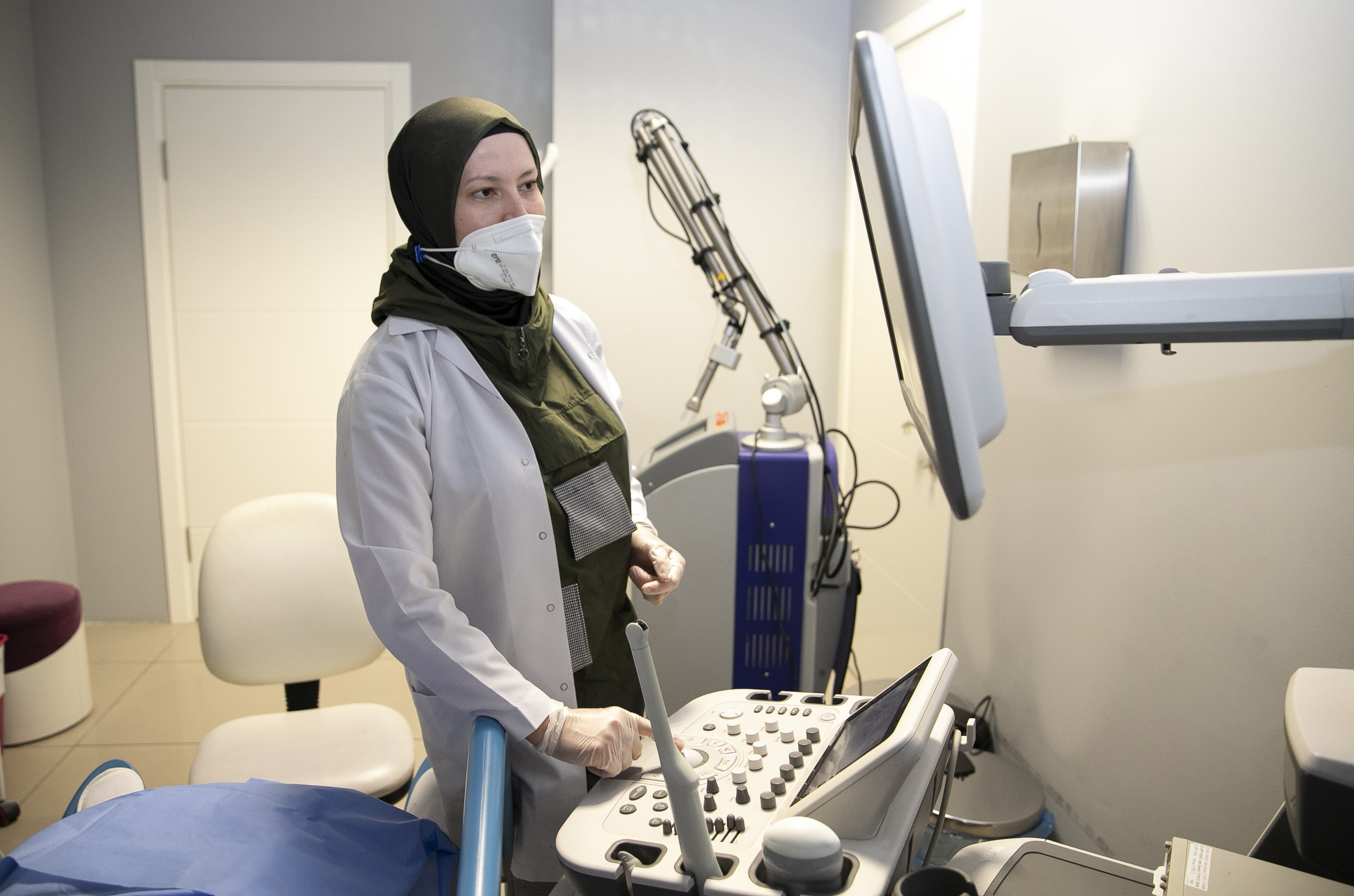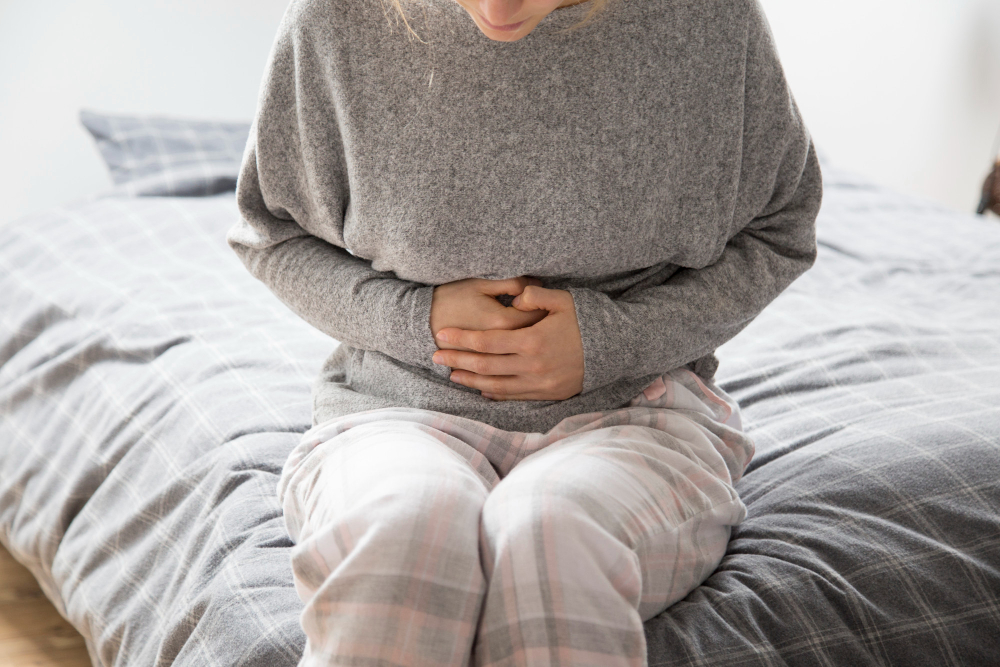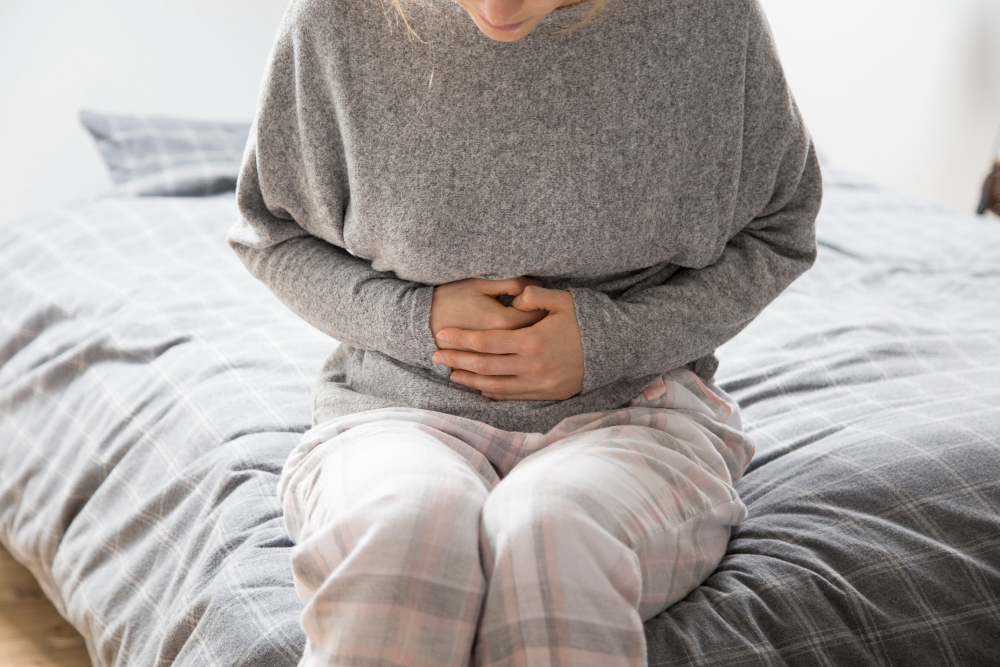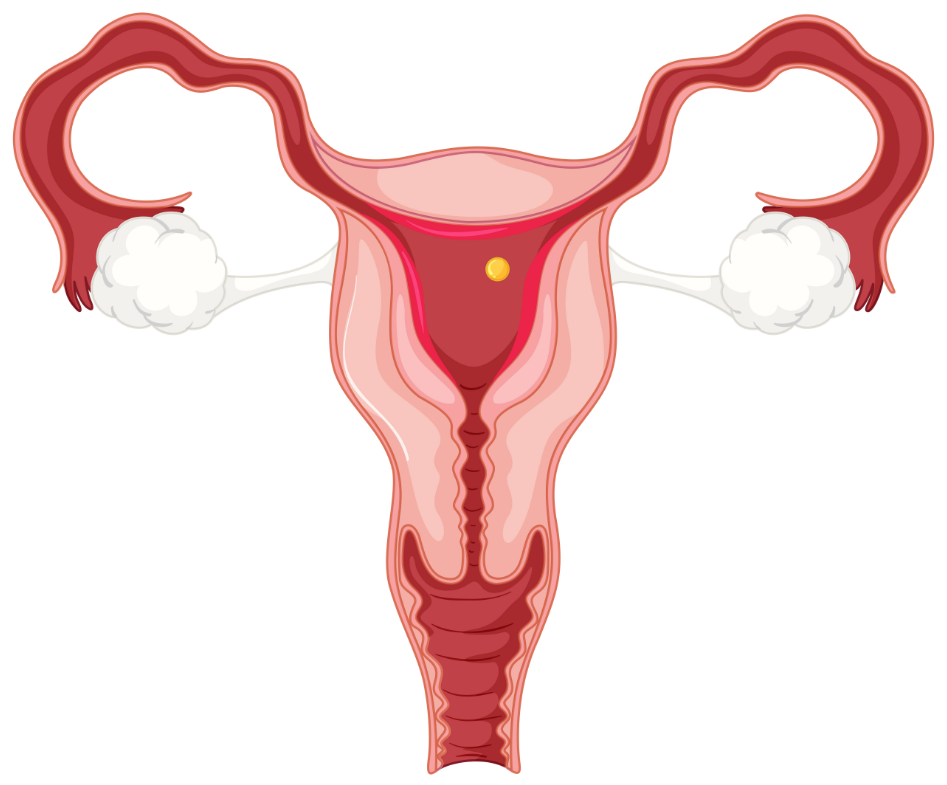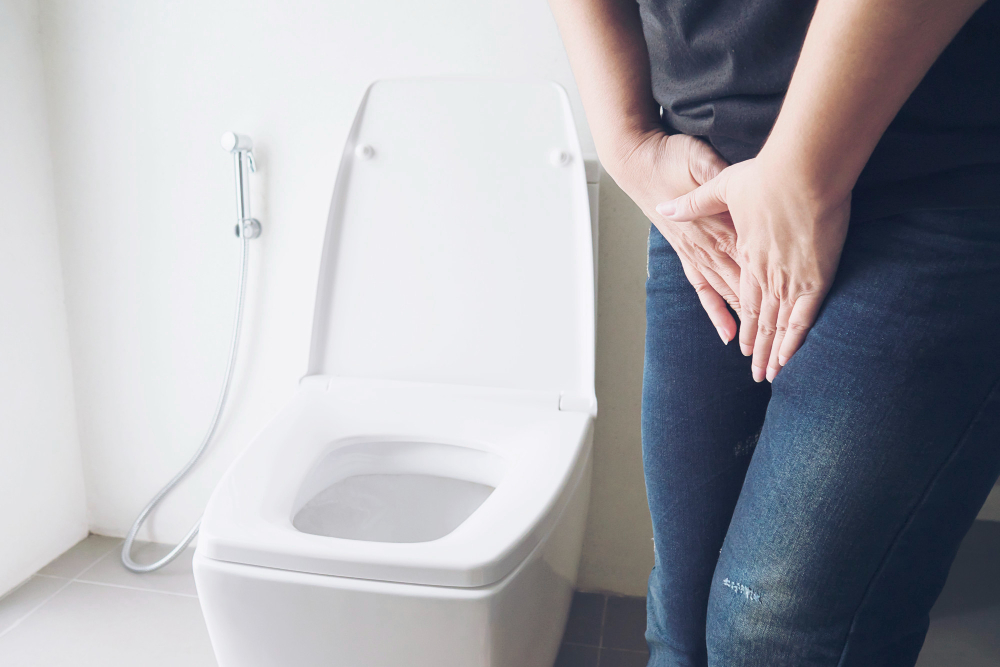Family Planning
What is Family Planning?
Family planning aims to enable married couples to have children whenever they want and to prevent pregnancies when they do not want to. Contrary to popular belief, family planning is not just about preventing having children. One of the purposes of family planning is to plan the appropriate environment for children, which is the basis of the family institution, and to ensure that the parents are more conscious of the process about what should be done before, during and after pregnancy.
Birth Control Methods in Family Planning
The most commonly used of these methods are; It can be listed as birth control pills, intrauterine devices (spirals), barrier methods (condom).
Hormonal Contraception (Birth control pills)
Combined oral contraceptive use (COC) is a very reliable contraceptive method. POPs contain synthetic forms of the natural female hormones estrogen and progesterone. It is prepared in 21 or 28 day packages.
Synthetic estrogen and progestin contained in POPs are very close to the structure of natural hormones in the body. These prevent pregnancy by suppressing ovulation, thickening the cervical mucus to prevent the passage of sperm, and slowing the transport of the egg cell.
Combined oral contraceptives are highly effective, reversible contraceptive methods. It is 99.9% effective when used correctly. Pregnancy is observed in 1 out of 1000 users in the first year of use. User incompatibility is the leading cause of failure in normal use. If users are well informed about taking pills and receive counseling to strengthen their pill-taking habits, they will use the method more successfully and for a long time.
Positive Aspects of Birth Control Pills
It is extremely effective when used correctly.
It is easy to use.
Its effects and side effects are very well studied.
It does not affect sexual intercourse.
It can be used as long as the woman does not want to become pregnant. There is no need to pause.
It can be used at any age from the first menstruation to menopause.
There is no need for health personnel to quit the method.
Fertility returns when the method is discontinued.
It can be used for emergency contraception after an unprotected sexual intercourse.
It reduces the possibility of ectopic pregnancy, premenstrual tension, pelvic
inflammatory disease, ovarian and uterine cancer, benign tumors of the breast, iron deficiency anemia.
Negative Aspects of Birth Control Pills
It is necessary to remember to take the pill every day, otherwise it is not effective. Spotting or breakthrough bleeding may occur.
It can rarely cause heart attack and thrombosis of the deep veins of the legs in women with high blood pressure, over the age of 35, and also in women who smoke more than 20 cigarettes a day.
It is not suitable for lactating women as it affects the quantity and quality of breast milk.
It does not protect against sexually transmitted diseases, including HIV/AIDS.
In order to continue the method, at least 1 month of excess pill should be kept. Intrauterine Devices (Spirals)
Intrauterine devices (IUDs), which have become an increasingly popular contraceptive method, have been used for nearly 40 years. Women all over the world have found the IUD to be effective, safe and convenient. Today, the IUD is the most widely used reversible, long-acting birth control method in the world.
The IUD is a small plastic object that is inserted into the uterus, usually containing copper or hormones. In our country, copper-containing IUD and its hormonal form are frequently used.
Copper IUDs protect against pregnancy by preventing sperm from reaching the upper genital tract, ovum transport and fertilization. Progestin-containing IUDs also thicken the cervical mucus, preventing sperm from entering the uterus.
Advantages of IUD
It is safe and very effective.
It is independent of sexual intercourse.
Suitable for lactating women.
Intrauterine devices, as long as there is no problem, once a year general health check is sufficient until they are removed or replaced.
There is no delay in the return of fertility after removal.
IUD Negative aspects
It can be a little painful to apply and remove.
Some women may experience discomfort in the lower abdomen, increased menstrual bleeding, spotting and cramps between menstrual periods. These complaints decrease starting from the third menstrual period.
There is a slight risk of uterine perforation during the application. This risk can be minimized with the right application technique.
The IUD can slide from the uterus to the cervix and be inserted into the vagina. IUDs do not protect against sexually transmitted diseases. In fact, in women with a
history of sexually transmitted genital tract infections or with multiple sexual partners, the IUD increases the risk of pelvic infection.
Barrier methods (Condom)
Barrier methods that prevent sperm from entering the uterine cavity have been used for contraception since ancient times. Today, as sexually transmitted diseases, including HIV infection, spread, condom use is increasing; Because condom is the most effective method to prevent these diseases. A condom is a rubber sheath that is put on the penis during sexual intercourse. It prevents the mans sperm from entering the vagina.
Condom is very effective if used correctly in every sexual intercourse. The success rate increases with continued use. In research, the first-year failure rate is 14% for ordinary users and 3% for ideal use.
Condom Positives
It provides protection against AIDS and other sexually transmitted diseases. It can help prevent premature ejaculation.
It enables men to participate in family planning.
It does not require a prescription or medical monitoring.
It is safe and has no hormonal side effects. It is cheap and easy to find.
Condom Negative Aspects
It can reduce sensitivity in some couples (especially in men).
It can interrupt sexual intercourse.
It makes erections difficult in some men.
Availability of adequate condoms should be planned in advance. As a result;
Regardless of the method they choose, an important element of counseling for people applying for family planning is fertility information. Counseling is very important for people who are interested in family planning to decide whether to use this method and to use the method correctly. Routine gynecological examination is recommended before each method to be used.




 Türkçe
Türkçe  English
English  Deutsch
Deutsch  فارسی
فارسی 


